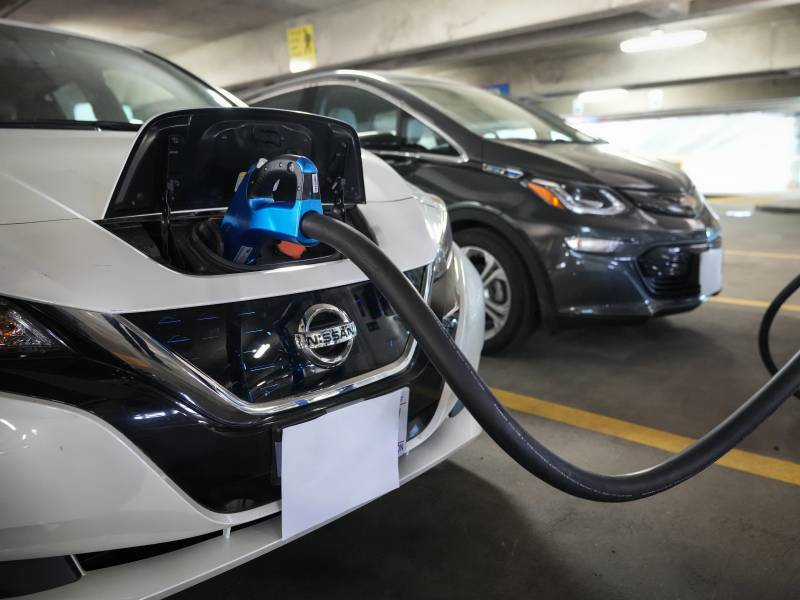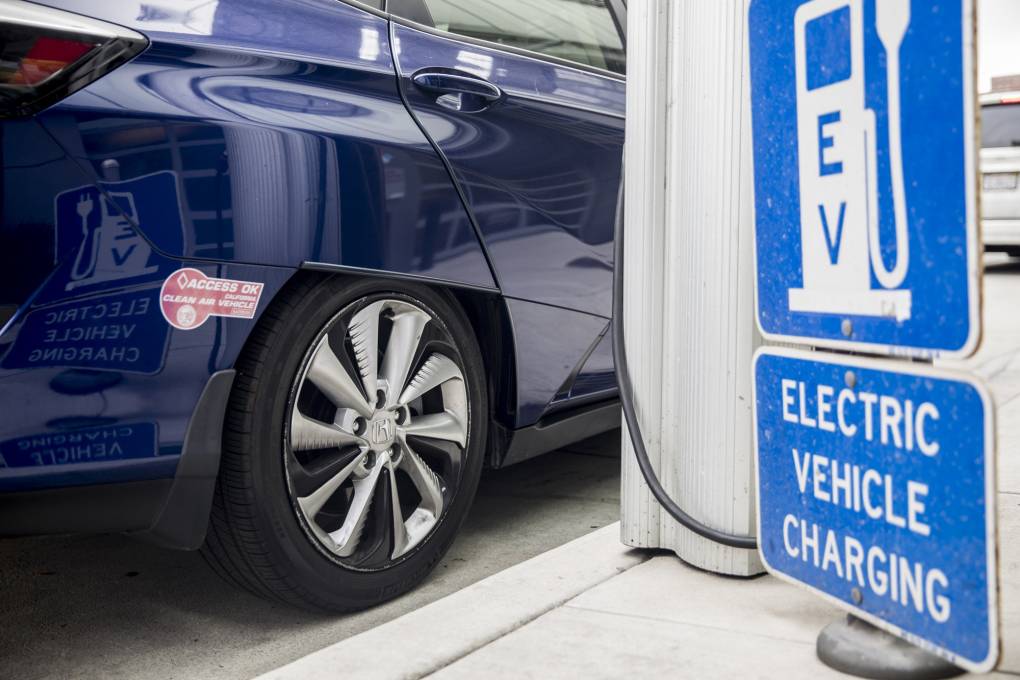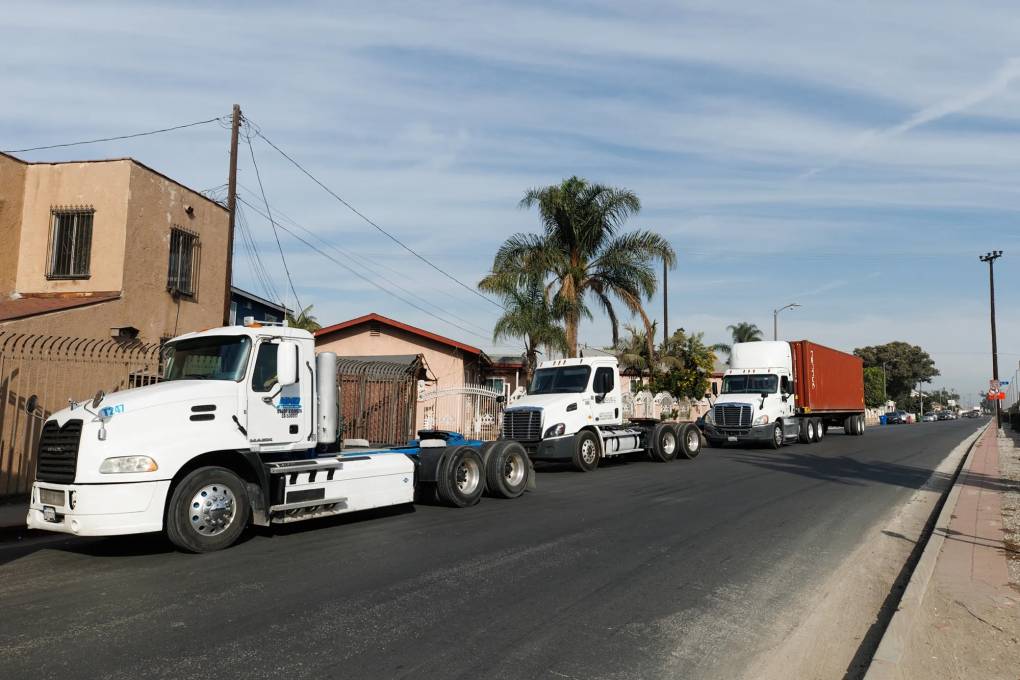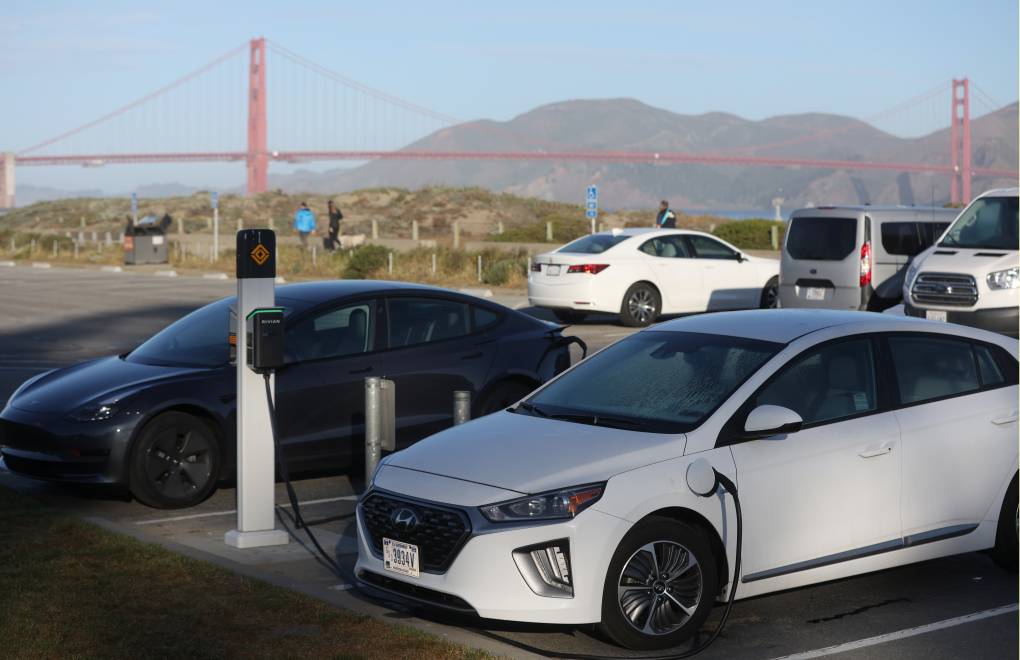The measure’s defeat marks a win for Newsom, who campaigned against it despite his administration’s moves to ban the sale of most new gas-powered cars next decade. He branded it a taxpayer-funded giveaway to rideshare companies, which, under California regulations, must ensure that nearly all trips booked through their services are zero-emission by 2030.
“California voters decisively rejected this poorly crafted and unnecessary tax hike,” the No campaign said in a statement. “The fact is Proposition 30 was a solution to an issue the state is already addressing.”
Environmental groups who backed Proposition 30 said it was a vital investment in the fight against climate change and bad air quality.
In early returns, the measure had garnered just over 40% support.
“So little was actually discussed about the actual policy and so much was talked about the money,” said Steven Maviglio, spokesperson for the Yes campaign. “I think the early indicators and the polling showed that Californians really wanted some bold climate action, and that’s what Prop. 30 represented. Unfortunately, we had a governor who rallied against all his own programs that would be funded, for whatever reason. Still unclear.”
Notably, Newsom’s opposition split him from the California Democratic Party. He instead sided with conservatives, anti-tax and business groups and billionaires who spent millions to defeat it.
Newsom argued that Proposition 30 would disrupt the state’s finances and that it was unnecessary in California, which has already committed billions from its record budget surplus to funding electric-vehicle initiatives. He called the measure a corporate tax grab on the part of Lyft, the largest donor to the Yes campaign.
Support among likely voters for the measure started out high and over the summer hovered well above the 50% support it needed to pass, according to polls. But Newsom’s aggressive opposition to it found an audience with voters and chiseled away at that advantage.
At Newsom’s direction earlier this year, California air regulators adopted a ban on the sale of new cars that run solely on gasoline, starting in 2035. Car companies would have to sell vehicles powered by hydrogen or batteries, or hybrids that run on a gas-battery combo. People could still drive their gas-powered cars or buy used ones.
Newsom noted his administration has already dedicated $10 billion over the next six years to boost electric transportation.
Backers of the measure, including most major environmental groups, argued the state needs a dedicated, robust source of funding to set up infrastructure that can handle more plug-in cars and help Californians of all income levels buy them.
This year, about 18% of new car sales in California have been for fully electric or hybrid cars, according to Newsom’s office.
That will have to double by 2026 to meet new state mandates for car sales.
By 2045, the state wants to be “carbon neutral,” which means it wouldn’t put any emissions into the air that it can’t remove. That will require a massive reduction in emissions from vehicles and other sources, as well as the buildup of technologies that can capture carbon as it is emitted, or pull it from the air and store it underground.
This story includes reporting from The Associated Press.



